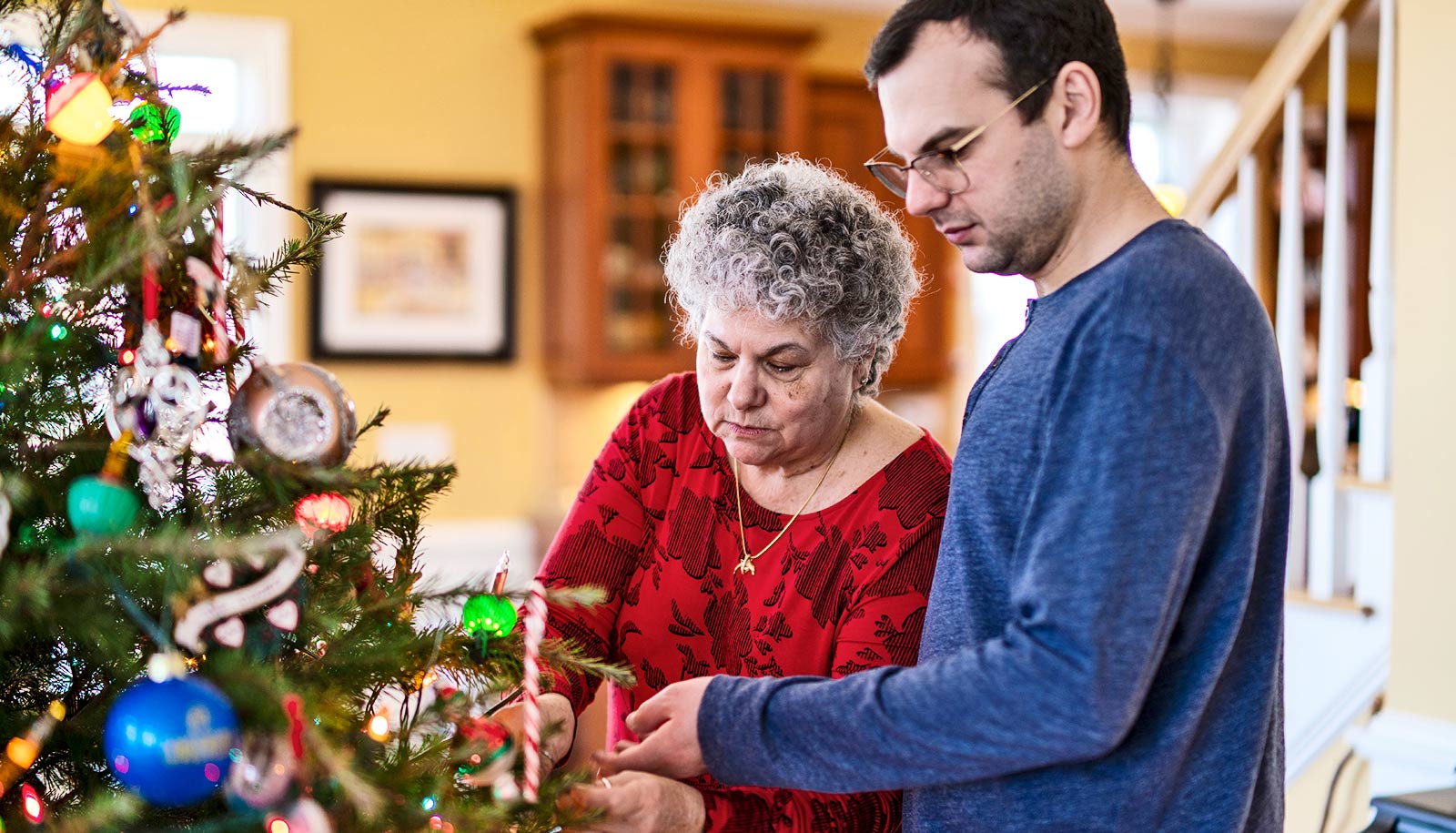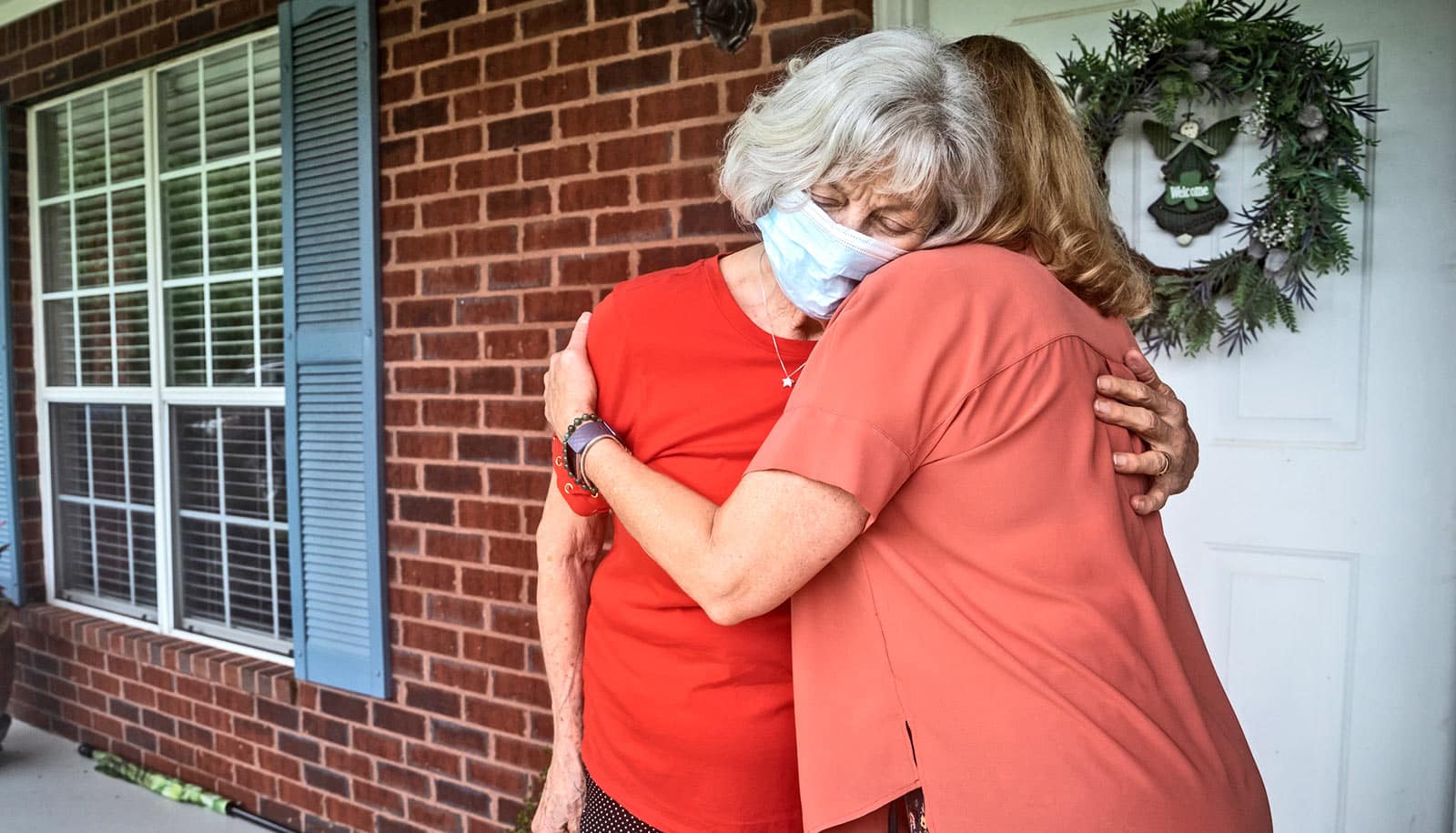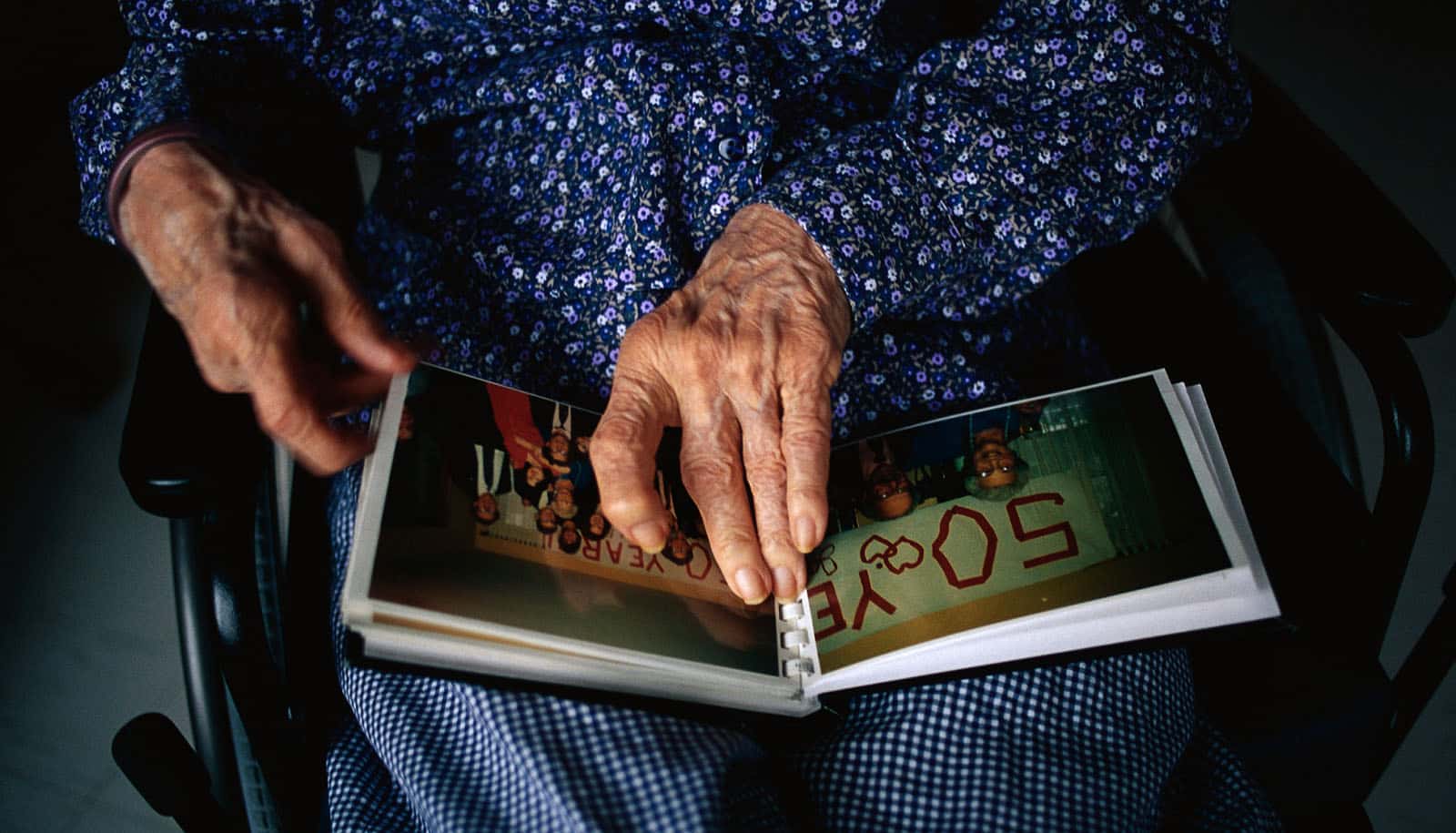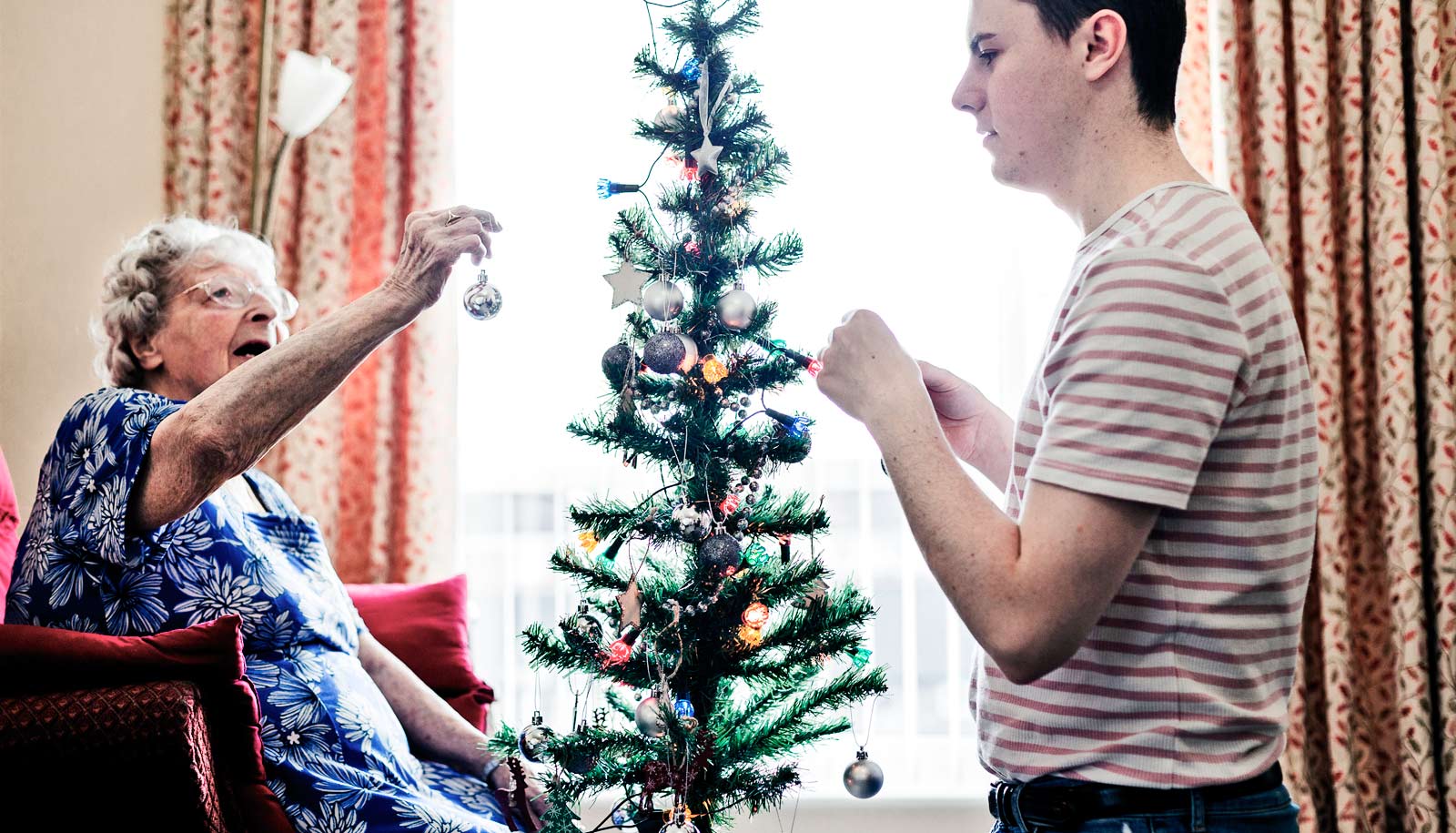An expert on elder care has tips for how families can make the most of the season when caring for someone experiencing memory loss.
Although the holiday season brings joy to many, it may mean added stress for families supporting a loved one with memory loss.
Mary Catherine Lundquist is the program director of Care2Caregivers, a peer counseling helpline (800-424-2494) for caregivers of people with Alzheimer’s disease and related memory disorders operated by Rutgers Behavioral Health Care.
Here, Lundquist discusses how families can make the most of the season:
How should families approach traditional holiday gatherings?
If you have a family member with memory loss, the best thing you can do is adjust your expectations. Rituals and traditions that your family may have participated in previous years may be stressful this year due to changes in your loved one. Attending events such as community concerts or large family gatherings may be overwhelming.
Be selective in the activities you choose and have an exit plan in case your loved one becomes uncomfortable and you need to leave early. Find ways that fit your family now to engage in activities that help you connect to the meaning of the season, such as cooking a traditional dish to enjoy at home, singing holiday songs together, or watching a favorite holiday show.
Since people with memory loss do better with structure and familiarity, keeping normal activity schedules, meal times, and sleep routines can help. If extended family will be visiting, try to keep the visits short and with a few people at a time. Introduce yourself instead of expecting your loved one with memory loss to remember who you are.
How can caregivers prepare traveling family members for the changes in their loved one?
Talk with your out-of-town family beforehand and let them know that their loved one may be different than last year so they are not shocked by changes. Be specific. Say, for example, “He’s not talking a lot,” “She may ask the same questions over and over again,” or “He may not know who you are.” Discuss some behaviors they might witness, such as walking around the house, needing assistance in using the bathroom, or having difficulty when eating.
What are the best ways family members can spend quality time with a loved one during a visit?
Holidays can be sad times for families dealing with memory loss because they realize things and people are not as they used to be. However, that doesn’t mean we can’t appreciate the time we have together and make new connections and memories.
When visiting someone with memory loss, bring a bag of tricks: snacks, coloring books, crafts, photographs, memorabilia. There are so many ways we can connect with each other even when a person can no longer talk or remember a shared history. Music—especially singing songs together—is a wonderful way to share an experience. Although people lose the ability to converse, their ability to sing is preserved in a beautiful way. Plus, the holidays present a roster of familiar carols.
Tactile projects, such as coloring or making cookies, are other ways to enjoy time together. Engage loved ones in ways that match their abilities: Perhaps they can hold a bowl or roll dough. It’s even meaningful if they simply sit at the table while others perform the tasks. You also can look at holiday cards together and use the visuals to make small talk.
People with dementia may lose their ability to have a conversation. Guests and caregivers can converse but should make the loved one feel included even if they don’t respond. Don’t shy away from reminiscing as that can be a comfort to the caregiver. However, refrain from asking the loved one “Do you remember?” or expecting them to give you details from the past. It’s also good to remind the loved one of your name and your relationship to them from time to time.
How can we support family and friends whose loved ones may be in a nursing home or may have died?
If you know someone whose loved one is a nursing home or someone who may have lost a loved one to death this year, you can make a difference by reaching out as these friends likely are having a difficult holiday season.
Call them to check in, send a hand-written note, drop off flowers or food, or send a text to say “thinking of you.” Let them know that just because their loved one is not in the house with them anymore, they are not forgotten.
How can family members reduce the stress of caregiving during the holiday?
Drop whatever is causing stress! You don’t have to decorate the house or buy presents as in past years. Scale back wherever you can. The best gift you can give to a loved one with memory loss and their caregivers is your presence.
Caregivers often do not get out and are lonely—a situation that is compounded by being at home all day with a person who is unable to engage with them. Whatever you can do to brighten their day is appreciated, whether it’s bringing them a meal or, better yet, offering to stay with the person so the caregiver can attend a family gathering or take time for him or herself.
For more information and resources, call the Caregivers2Caregivers Helpline at (800) 424-2494 or visit: www.copsainstitute.com.
Source: Rutgers University



